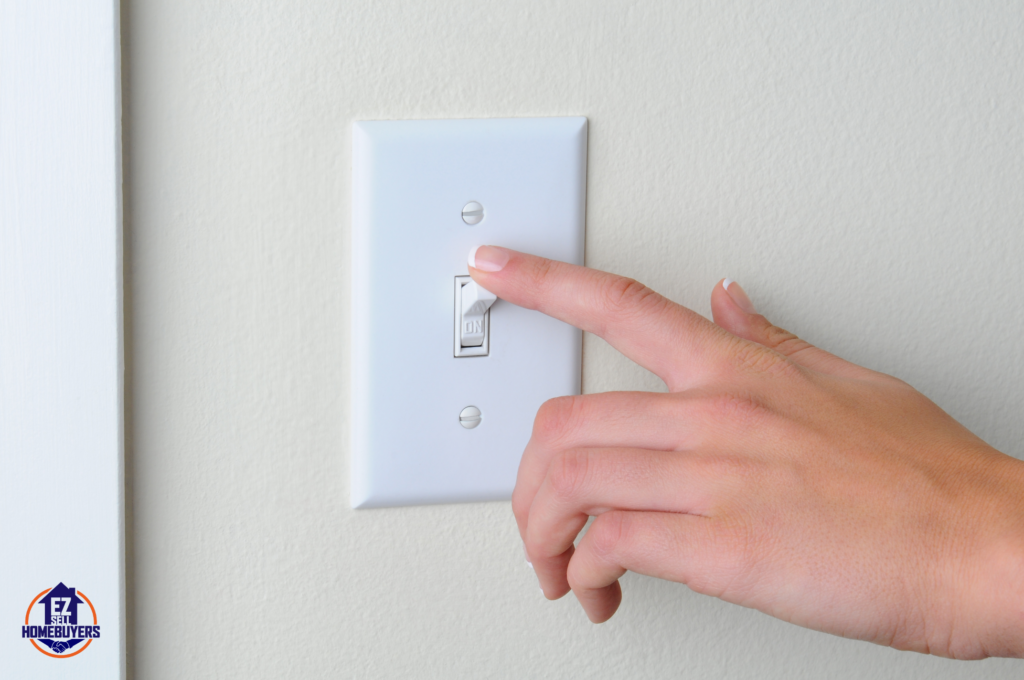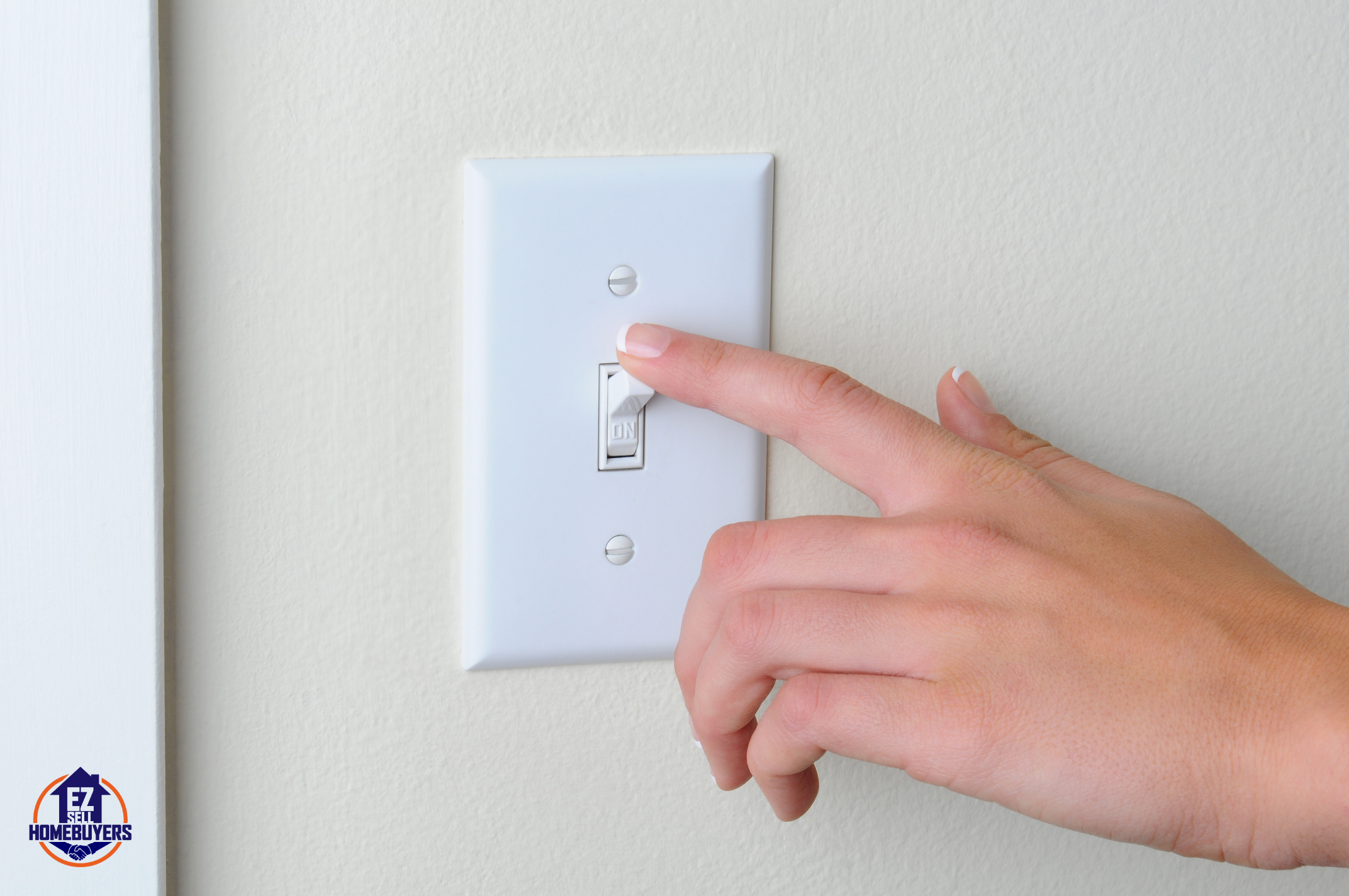As a real estate investor with over 23 years of experience navigating Ohio property laws, I understand that dealing with squatters can be a frustrating and complex issue for property owners. The laws surrounding squatters, eviction processes, and utility management in Ohio are particularly intricate. This article aims to clarify whether property owners can turn off utilities on a squatter in Ohio, backed by references to Ohio Revised Code and expert legal opinions, and explore the legal implications and recommended actions to address this challenging situation.

Understanding Squatter Rights in Ohio
Squatters are individuals who occupy a property without legal permission from the owner. Over time, they may gain certain rights, especially if the property owner does not take prompt action. Ohio has specific laws that protect squatters under certain conditions, making it crucial for property owners to understand their rights and the legal steps they need to take.
Ohio Squatter Utility Laws
One of the common questions property owners ask is whether they can turn off utilities on a squatter in Ohio. According to Ohio Revised Code Section 5321.15, property owners are prohibited from shutting off utilities to force a squatter out. This action is classified as a form of self-help eviction, which is illegal in Ohio. Instead, property owners must adhere to the legal eviction process outlined in Ohio law to remove a squatter from their property. Expert legal opinions and court precedents consistently emphasize the importance of following these legal protocols to avoid potential penalties.
Handling Squatters in Ohio
Dealing with squatters requires a methodical and legal approach. Legal experts recommend the following steps, as outlined in Ohio’s landlord-tenant laws:
- Identify the Squatter: Ensure that the individual occupying the property is indeed a squatter and not a tenant with a valid lease agreement.
- Serve a Notice to Vacate: Ohio law requires property owners to serve a notice to the squatter, informing them that they must vacate the premises. The notice period may vary depending on the situation.
- File for Eviction: If the squatter does not leave after the notice period, the property owner must file an eviction lawsuit (Forcible Entry and Detainer action) in the local court.
- Attend the Court Hearing: Both the property owner and the squatter will have the opportunity to present their case in court. If the court rules in favor of the property owner, an eviction order will be issued.
- Enforce the Eviction Order: The local sheriff’s office typically enforces the eviction order, ensuring the squatter vacates the property.
Ohio Utility Shut Off Laws
The Public Utilities Commission of Ohio (PUCO) enforces utility shut off laws designed to protect individuals, including squatters, from abrupt disconnections. Ohio Revised Code Section 4933.12 explicitly prohibits property owners from shutting off utilities to force out a squatter. Instead, the legal eviction process must be followed, as discussed in detail above. Violating these laws can lead to significant legal penalties for the property owner, reinforcing the need for compliance with established legal procedures.
Legal Actions Against Squatters in Ohio
Property owners in Ohio have several legal avenues to address squatters:
- Trespassing Charges: Under Ohio Revised Code Section 2911.21, property owners can file trespassing charges if the squatter entered the property without permission and refuses to leave.
- Civil Lawsuits: Property owners can initiate civil lawsuits against squatters for damages, including unpaid rent and property damage, as per Ohio Revised Code Section 2307.60.
- Eviction Proceedings: As previously mentioned, the primary legal action against squatters involves filing for eviction through a Forcible Entry and Detainer action, as outlined in Ohio Revised Code Section 1923.
Ohio Squatter Eviction Process
The eviction process for squatters in Ohio involves several key steps:
- Notice to Vacate: Serve the squatter with a notice to vacate, giving them a specified period to leave the property.
- Filing an Eviction Lawsuit: If the squatter does not comply with the notice, file an eviction lawsuit in the local court.
- Court Hearing: Attend the court hearing and present evidence supporting the eviction.
- Eviction Order: If the court rules in favor of the property owner, an eviction order will be issued.
- Enforcement: The local sheriff’s office enforces the eviction order, ensuring the squatter vacates the property.
Utility Rights for Squatters in Ohio
While squatters do not have the same rights as tenants, Ohio law protects them from utility shut offs. Property owners must not attempt to disconnect utilities as a means of eviction. Instead, they should focus on following the legal eviction process.
Dealing with Squatters in Ohio
Dealing with squatters can be stressful, but understanding Ohio’s laws and following the proper procedures can lead to a successful resolution. Property owners should document all interactions with the squatter, serve the necessary notices, and file for eviction promptly to regain control of their property.
Ohio Property Owner Rights Against Squatters
Property owners in Ohio have the right to reclaim their property from squatters through legal means. They should avoid self-help eviction tactics, such as changing locks or turning off utilities, as these actions can result in legal consequences. Instead, property owners should rely on the court system to evict squatters legally.
Conclusion
Turning off utilities on a squatter in Ohio is not a legal option. Property owners must adhere to Ohio’s legal processes for evicting squatters to avoid potential legal repercussions. By understanding Ohio’s squatter rights, utility shut-off laws, and eviction procedures, property owners can effectively address squatting situations and reclaim their property in a lawful manner.
For further guidance, property owners may consider consulting with a real estate attorney who specializes in eviction and property law in Ohio. This professional advice can help navigate the complexities of handling squatters and ensure all actions are compliant with state laws.

